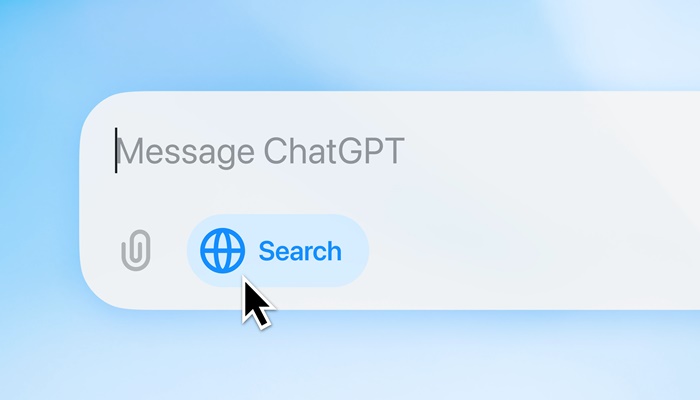‘I no longer know how to work’: ChatGPT outage causes panic among some employees
The public outcry over Tuesday’s ChatGPT outage showed just how many people use the artificial-intelligence service on a regular basis.
OpenAI’s 400 million ChatGPT users experienced “elevated error rates” worldwide on Tuesday as consumers reported thousands of technical issues, according to data from DownDetector.com, a website that tracks online service outages.
By Wednesday morning, ChatGPT’s status page stated that “all impacted services have now fully recovered.” The company added it would release an analysis about the root cause of the issue within the next five days. But in the 24 hours or so that ChatGPT was down, the outage sparked plenty of chatter among power users.
See: So your company offered you a buyout. Should you take it? Here’s what to know.
There were also more than 500,000 Google (GOOG) (GOOG) searches about ChatGPT being down on Tuesday, making it the second-most-searched topic in the U.S. at the time.
And in the hours after the outage first began, there was an influx of people who complained on social-media platforms like Reddit (RDDT) and X (formerly Twitter) that they couldn’t use the ChatGPT tool during work or school, giving fresh insight into just how reliant many people have become on using AI for everyday tasks.
“I just stayed up till 4:30 a.m. getting my last part of a project done so ChatGPT could review it,”one Reddit user posted beneath a screenshot showing a “something has gone wrong” error message from the app. “Lovely way to head to bed.”
“I no longer know how to work,” an X user posted about the outage.
“Millions forced to use brain as ChatGPT takes day off,” another Reddit user joked.
ChatGPT had 400 million weekly active users as of February, OpenAI’s COO Brad Lightcap said earlier this year. Compare that to some social- media platforms which have several hundred million monthly active users (many social platforms do not publicly disclose weekly active users). Elon Musk’s X, for example, has 600 million monthly active users.
As AI tools become more accessible, more people use them for nearly all aspects of life, from resume help and writing tasks, to cooking and research into homebuying.
According to an April global analysis of 32,000 workers by the Conversation, 58% of employees said they use AI at work, and one in three said they use it weekly or daily. Surveyed workers said they are using AI to improve efficiency, access more information, innovate and improve the quality of their work.
Approximately 70% of workers are using free, public AI tools, rather than those specifically available through their employer (42%), according to the Conversation report, which polled 32,352 employees in 47 nations across all geographical regions.
And the number of people using AI on the job is growing. A recent survey from Glassdoor indicated that the number of people using AI in the workplace doubled from 2022 to 2024.
ChatGPT usage is on the rise with younger users in particular. More than one in four (26%) U.S. teenagers (ages 13 to 17) said they used ChatGPT for schoolwork, according to a Pew Research report released earlier this year, which is up from 13% in 2023.
See: Apple is behind in the AI race – and now its researchers say rival technologies ‘collapse’ and quit easily, too
The ChatGPT outage sparked search interest in other AI tools on Tuesday, as well. Queries for rival tools like X ‘s Grok, Google’s Gemini and DeepSeek all spiked in the hours after the initial ChatGPT service disruption, according to Google Trends data.
The ChatGPT outage comes during the same week that OpenAI reported $10 billion in annual recurring revenue.




















